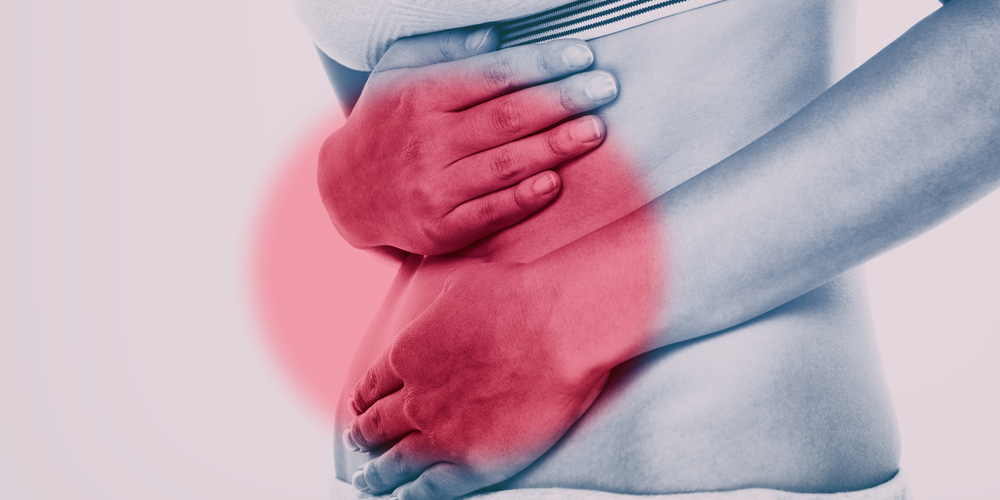
What is Crohn’s disease?
Crohn’s disease is an infection which causes the lining of the digestive system to swell; usually this inflammation affects the ileum and the colon.
Statistics
Crohn’s disease is rare in the U.K; it is estimated that 90,000 people have Crohn’s disease in the U.K today.
Causes of Crohn’s disease
The cause of Crohn’s disease is currently unknown; however, research has pointed towards a relationship between Crohn’s disease and environmental and genetic factors.
Symptoms of Crohn’s disease
There are several symptoms which may lead to a diagnosis of Crohn’s disease; these include repeated bouts of diarrhoea, abdominal pain (especially after eating), extreme tiredness, unexplained loss of weight and blood in the faeces.
Treating Crohn’s disease
There are several methods of treating Crohn’s disease although a cure has not been found. Treatments may involve a number of different medications which help reduce inflammation, ease existing symptoms and reduce the possibility of recurring symptoms. In some cases, surgery may be necessary; this is performed when medication alone cannot ease the symptoms of the condition.
Having a colostomy
A colostomy may be fitted if part of the colon or bowel has been removed as a means of improving an individual’s condition; this may be temporary but will usually be permanent in people who suffer with Crohn’s disease.



